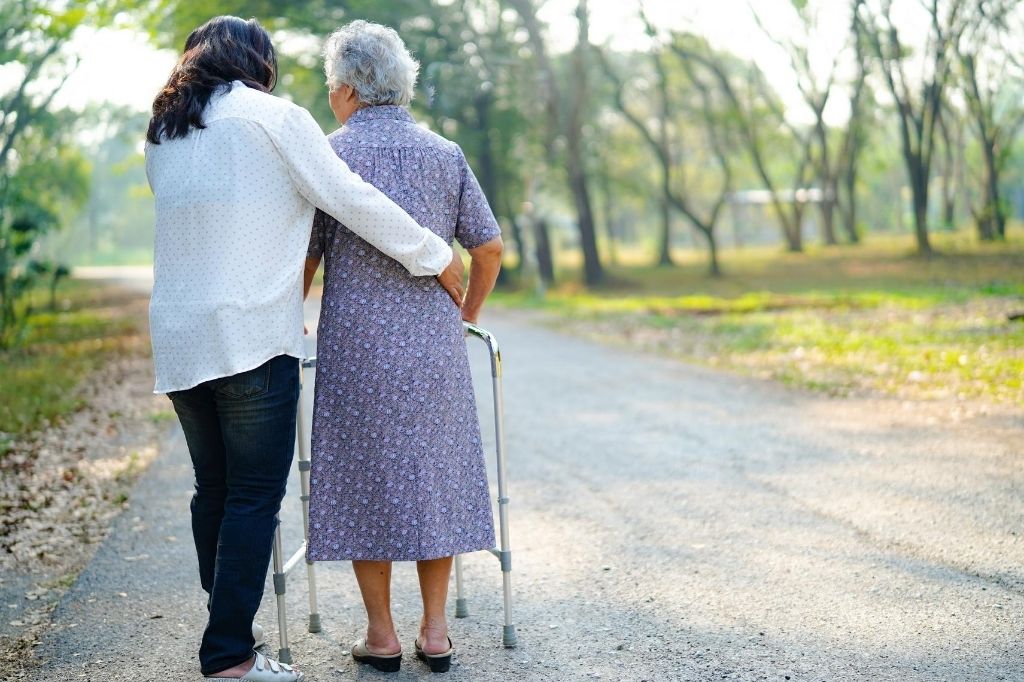How Does Alzheimer’s Affect the Body? And How Does Memory Care Help?
Chances are you’re familiar with the devastating symptoms of Alzheimer’s disease and how it affects your brain.
It’s also very common. Alzheimer’s disease affects more than 5 million Americans who are over the age of 65, according to the Johns Hopkins School of Medicine.
It’s statistics like this that demonstrate how important it is to provide special activities and exercises in memory care.
While most Americans are aware of the memory issues and impaired thinking that come with Alzheimer’s, are you aware that it can affect other systems in your body?
We’ll take a look at these effects and how assisted living with memory care in Wilmington can help your loved one who may be experiencing these symptoms.
What Happens to the Body with Alzheimer’s?
Primarily, Alzheimer’s impacts the brain. However, as the disease progresses, it starts to harm other bodily systems as well.
As the brain deteriorates, it has more difficulty controlling parts of the body. Therefore, in the late stages of Alzheimer’s, those with the disease may exhibit:
- Dragging or shuffling the feet when walking
- Difficulty standing
- Loss of balance
- Poor coordination
- Fatigue
- Difficulty sitting in a chair
- Insomnia
- Weak or stiff muscles
- Difficulty eating, chewing and swallowing
- Uncontrollable twitches
- Seizures
- Problems controlling the bladder and bowels
- Difficulties with tasks of daily living
What Are the Early Symptoms of Alzheimer’s Disease?
In its earlier stages, the disease presents symptoms such as:
- Confusion
- Difficulty with memory
- Distorted thinking
- Inability to follow directions
- Language difficulties
- Emotional apathy
What Causes Alzheimer’s Disease?
Actually, scientists are still learning more about the disease. Research is underway on what determines who will develop Alzheimer’s.
Currently, the following are considered to be potential factors:
- Family history
- Genetics
- Age
- Abnormal protein deposits in the brain
- Personal health
Other Interesting Facts About Alzheimer’s Disease
According to Johns Hopkins University:
- Almost two-thirds of those with Alzheimer’s are women
- Alzheimer’s is different in that it only affects other parts of the body in its late stages
- Alzheimer’s is the most common type of dementia
There are also distinct differences between Alzheimer’s and the typical type of “forgetfulness” that most of us experience at one time or another.
If you want to learn more, you might want to check out their useful infographic.
How Does a Memory Care Unit Help Those With Alzheimer’s
We understand the devastating toll Alzheimer’s takes on families. That’s one reason why we have 26 beds dedicated to our residents who have memory care issues.
These beds are part of our Memory Care Unit. In this unit, our residents receive care from friendly employees who have been specifically trained to provide a secure, yet stimulating environment.
We don’t just provide care for those with Alzheimer’s—we provide care for all of those with all forms of dementia.
By allowing us to care for those you love, you’ll be able to step back into your role as son, daughter or spouse.
Want to know more? Schedule a virtual tour with us. But hurry, our spaces are limited.
We look forward to hearing from you.

